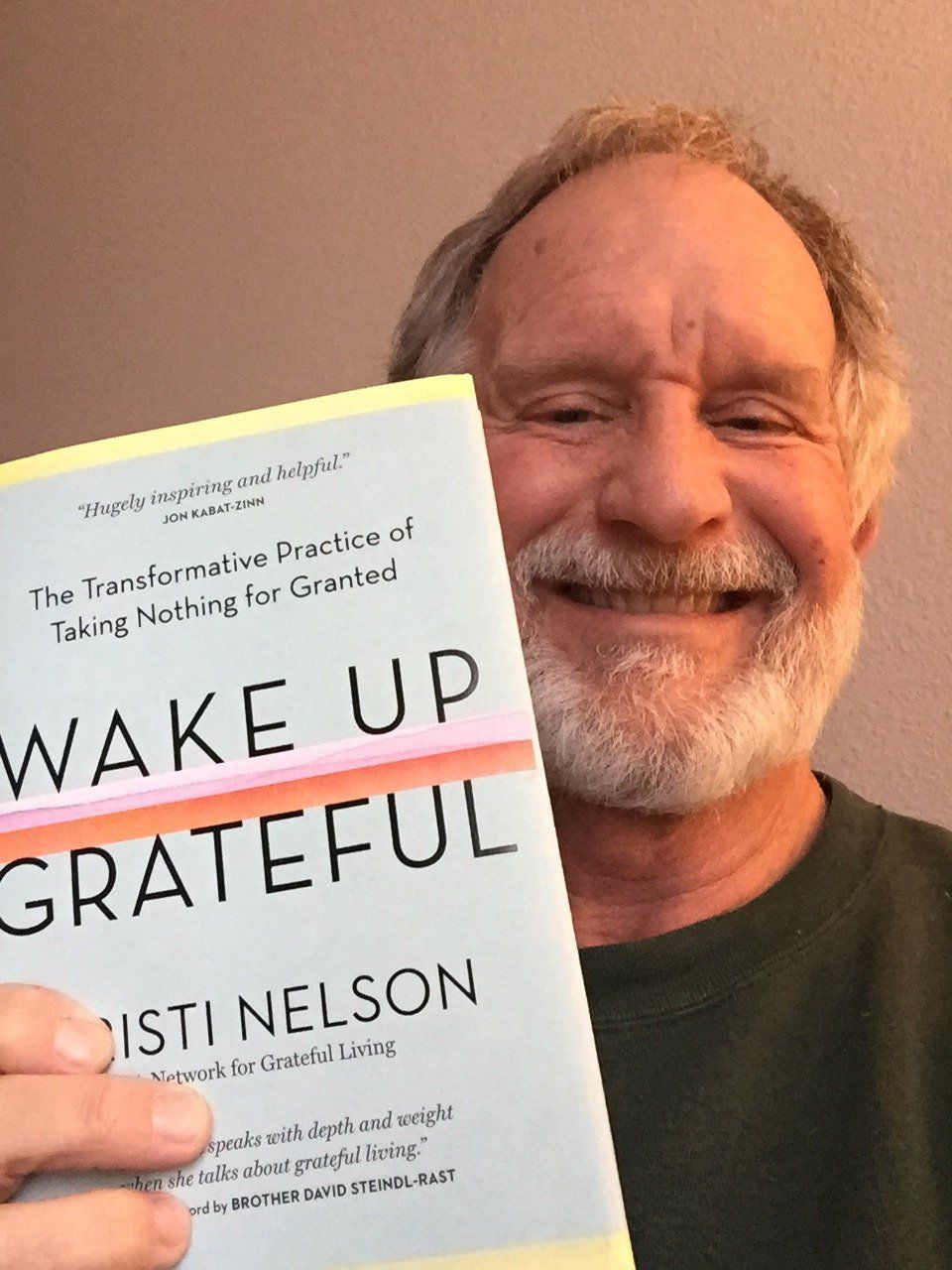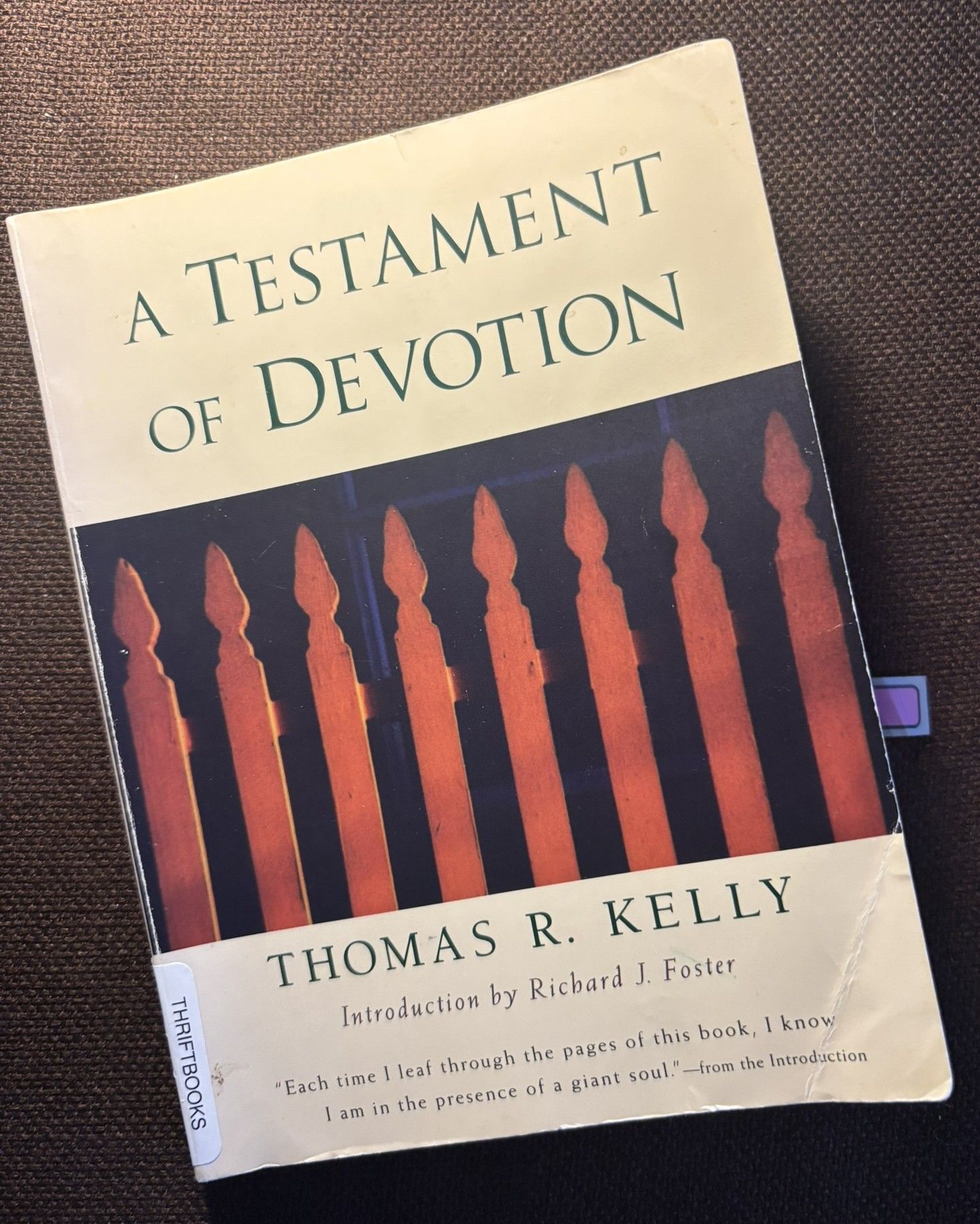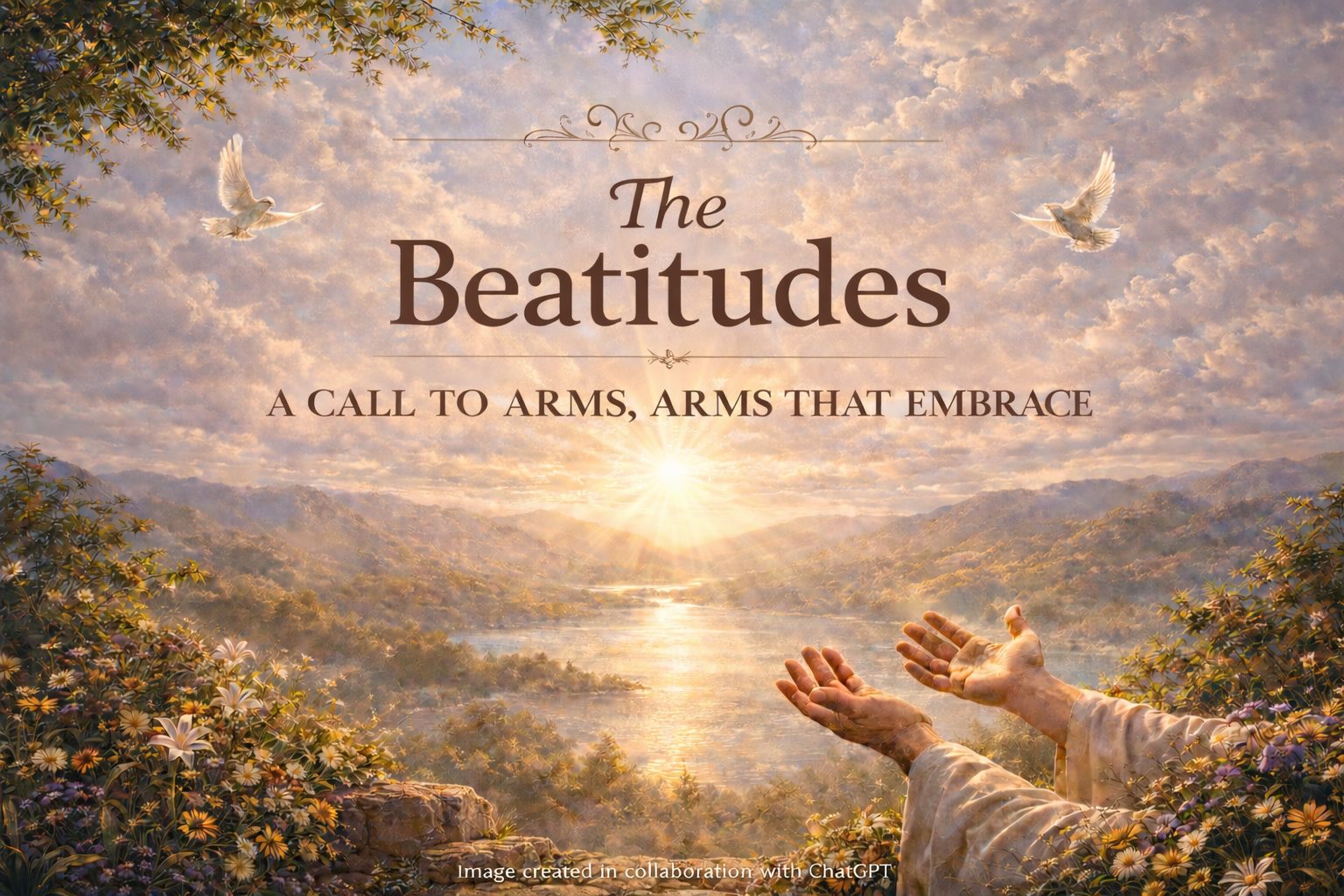Profound Living At Three and a Half - Practicing Practices
Practices have a compounding effect over time.

The (rather early) morning of November 25, 2020, just after I'd received Wake Up Grateful.
(I'd actually pre-ordered it on October 23, 2020. Since then, I've already given this book away several times.)
“Like other forms of practice, grateful living offers a way to approach, frame, and learn from everything that unfolds in our lives, allowing us to access deeper reserves of resilience and wisdom.
~Kristi Nelson, Wake Up Grateful, p. 43
Profound Living
is approaching the middle of our fourth year. Our first post,
Early Mornings Out The Front Door, dropped on January 5, 2018. Since then, we have published a book from the content,
Profound Living: Essays, Images, and Poetry, edited by Kelly Anderson, Davin Carr-Chellman, and me. Davin, Carol Rogers-Shaw, and I are nearly finished editing the next book in the Profound Living Series, again containing work that has appeared here. We’ve added Facebook social media to the mix with a
Profound Living page, and two groups, Profound Living and the Practices for Deeper Living. I, along with others, have offered workshops on topics such as practicing humility, gratitude, silence/presence, and generosity.
Contributing to and curating this Profound Living suite has become a joyful practice of my own. Each week I’m engaged in writing, editing, posting, re-posting and commenting on various bits of content – pictures, essays, photos – that I hope is useful as folks consider how to experience life more fully. Everyone who contributes to Profound Living does so for free, none of us are paid anything. For me, Montaigne, with writers like E.B. White and the art of the essay (and now art, photography, and poetry), remain the foundation and inspiration for this work.
PRACTICES
“When you commit to practicing something, you become its student.”
Kristi Nelson, Wake Up Grateful, p. 43
Since beginning this little Profound Living project, I have become increasingly convinced that developing and curating one’s own practices is essential to sustainable, joyful, profound living.
Why practices? One reason is that by undertaking healthy disciplines, routines, and habits we are accepting responsibility for our lives, for our growth, and for moving toward being who we want to be. Practices are largely within our control. Either we read something meaningful each day or we don’t. Either we write for 30 minutes a day or we don’t. Either we do something generous each week or we don’t. And these practices are useful in every part of our lives.
Kristi Nelson, in her new and quite wonderful book, Wake Up Grateful: The Transformative Practice of Taking Nothing for Granted, says, “It may seem odd that you would need to ‘practice’ being available to life, but where we offer our attention, and how, shapes the ways we live our moments, and therefore how we experience our lives” (p. 42).
Another reason is that practices have a compounding effect over time. The benefits of practices accrue and multiply over time. If you are practicing the piano, progress can be seen in bits and pieces, with some leaps, and there comes a depth and breadth of skill and understanding about what it means to play beyond hitting the right keys.
Third, practices have a saturating quality. They can affect other areas of one’s life and the lives of others. By practicing grateful living for example, a person may then establish practices of generosity. From there, relationships may improve or be extended to others. From there, a healthier family or community may develop. And on. And on.
Consider practices. Take control of developing important parts of you. Eschew “Woe is me....” Drop "I'm as good as I'll ever be" like a hot potato. You have a pilgrimage toward a better you stretching out ahead. Step forward.
I’ve come to know through personal experience, observation, and reading books like Wake Up Grateful, that practices are transformational, and take us beyond happenstance. They move us toward the personal change that we intend.
Practices.
References:
Kroth, M., Anderson, K., & Carr-Chellman, D. (2019). Profound Living: Essays, Images, and Poetry (K. Anderson, M. Kroth, & D. Carr-Chellman Eds.): The Center of Profound Living.
Nelson, K. (2020). Wake up grateful: the transformative practice of taking nothing for granted. Storey Publishing.
Author’s Note: I received my copy of
Wake Up Grateful on November 25, 2020. I am still reading it, slowly and slowly, because each page is one to linger over. I can’t just rip through it. The topic is so important and meaningful, the book is so well conceived and written, and the author, Kristi Nelson, who is also the Executive Director of
A Network for Grateful Living, is so honest, so perceptive, so willing to share her own struggles and learnings, and so authentic, that I’m taking my time with it. One essential message of this book - of several - is that practices are what make the difference. Just reading her practical suggestions for practice is worth the price of admission, and once there, well, you’ve just entered the arena.











